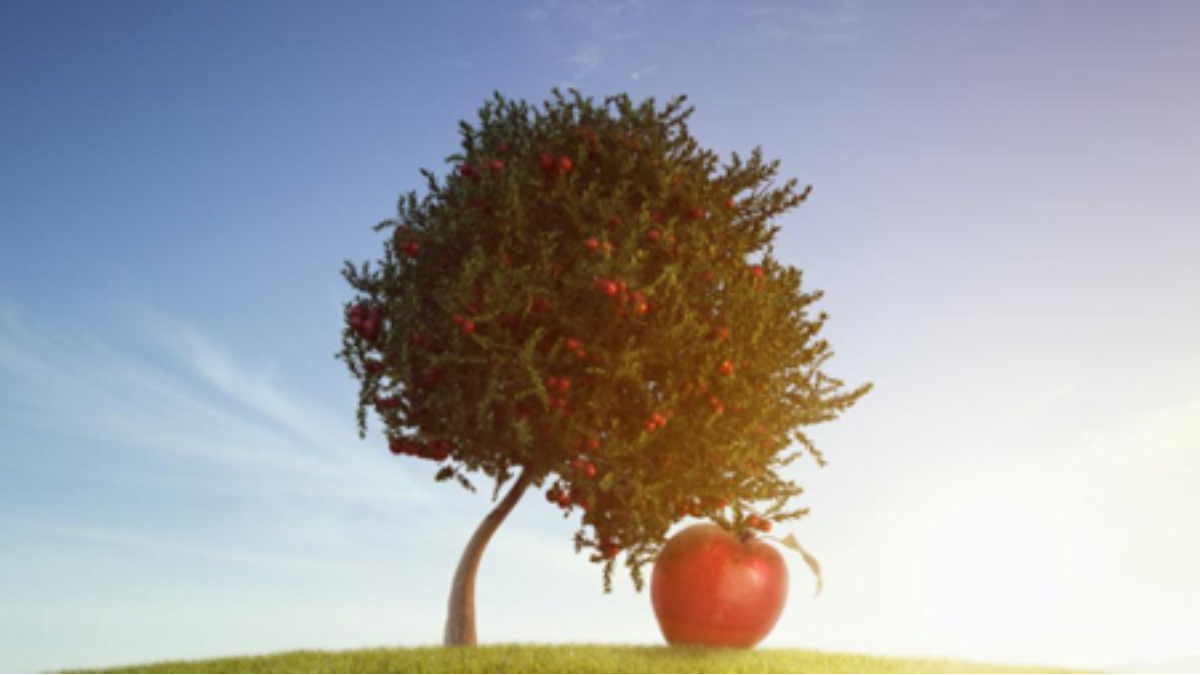Premium fertiliser project could help drive development of this East African country

Danakali's Colluli SOP project could be the key to Eritrea's development Pic: Getty Images
Special Report: Everything that you think you know about the East African country of Eritrea needs to be taken with a healthy dose of salt, according to Danakali (ASX:DNK) chairman Seamus Cornelius.
And the former corporate lawyer who spent most of his career in Shanghai should know.
With more than 20 years of corporate experience in legal and commercial negotiations – including providing advice to major resource companies on their investments in China and advising Chinese state-owned entities on their investments in overseas resource projects – he has also seen how quickly people can become polarised on issues.
“There still is today a lot of false news or fake news, misinformation and half truths about Eritrea,” Cornelius told Stockhead.
“It’s not unlike what you could see being written about China in the mid 90s. People very quickly became polarized as being rabidly pro China or rabidly anti China; there was no middle way. Sadly it seems we haven’t learnt much from history. ”
He noted that taking advice from family, he visited Eritrea for the first time in 2013 and found that pretty much everything he thought he knew and read about the country was wrong.
“Eritrea is a very young country that only became independent in 1991 and then for some 20 years between 1998 and 2018 they were essentially denied the opportunity for economic development and vilified due to their desire to remain non-aligned and the political machinations of much larger countries,” Cornelius added.
“Every country is unique with its own history so comparisons can be misleading but given that Eritrea has been compared to a country in Asia that I won’t mention so as not to dignify the comparison by repeating the lie, if you must make a comparison then you could draw some parallels with Singapore. It started as a small, undeveloped country in a tough neighbourhood with Malaysia on one side and Indonesia on the other while having no resources other than its people and a very good leadership.
“It’s similar in Eritrea. It’s a relatively small country – 4 or 5 million people surrounded by much larger countries that are all politically aligned with different groups Eritrea has resourceful people and natural resources and they just want to be independent and focus on their own development. The Government has done a remarkably good job in many areas including food security, public health and education with little to no foreign support. ”
Sulphate of Potash project to drive development
Here is where Danakali’s Colluli equal joint venture with the Eritrean National Mining Corporation (ENAMCO), could contribute to Eritrea’s development.
The project has a giant resource of 1.289 billion tonnes grading 11 per cent K2O, or about 260 million tonnes of sulphate of potash (SOP), enough to support production for more than 200 years.
SOP is considered a premium fertiliser as it not only provides both potassium and sulphur – key elements required for the healthy growth of plants – but also contains no chloride. That makes it suitable for leafy, chloride-intolerant crops that are typically high-value, such as avocados, citrus fruits, nuts and berries.
This also allows it to command a premium over the more common muriate of potash (MOP) though it is worth noting that this is due in part to half of SOP being produced using the Mannheim process, which takes MOP and converts it into its premium counterpart by adding sulfuric acid and energy.
However, Colluli is a primary source of SOP with a low cost of mining (estimated at less than $US150 per tonne even at start up scale), allowing it to deliver cash of $US85m per annum and an internal rate of return of 31.3 per cent over the first 60 years of production.
“Colluli is an exceptional project in the proper dictionary definition of the word and if it wasn’t for the political issues in the Horn of Africa since before World War 2, it would have been developed already,” Cornelius noted.
“It would have already been being mined for 50 years or more and it would still have 150 years to go, but it’s only the politics that have prevented that.”
He added the project would make a massive difference to Eritrea and improve food security in the region.
“It’s only back in 1985 that Ethiopia suffered massive famine and many countries have worked very hard since then to make sure that they have food security measures.
“A critical element of food and nutrition security is fertiliser and a critical element of fertiliser is potassium, which is necessary for plants to grow along with nitrogen and phosphate.”
Cornelius noted that there is a direct connection between economic development, people’s changing diets and the use of SOP, which cannot be substituted with MOP.
He added that the United Nations Development Programme had self-funded a report on Colluli which found that it would help Eritrea meet 13 out of the 17 UN sustainable development goals.
“It’s a massive contribution economically, socially and environmentally. It’s going to change everything in Eritrea first and then the wider region.”
SOP Pricing and Outlook
Touching further on the fertiliser market, Cornelius believes there will be further separation between MOP and SOP with the latter expected to continue attracting a premium, which could increase further.
This is due to the high production cost and environmental impact of SOP that is produced using the Mannheim process in a factory.
The environmental impact also makes it unlikely that new SOP factories will be approved in Europe, which could in turn increase the premium that green primary producers – who directly extract SOP from ores – enjoy.
“When you can get the fertiliser from a natural producer, you definitely want it from the natural producer. People want to know what they are eating all the way back to the farm. Why would anyone want the SOP used to grow their fruit and vegetables to be made in a factory? ” he added.
Danakali expects its key markets initially to be Europe and around the Mediterranean, which is probably a 2 million tonne per annum market, as well as East Africa once agriculture takes off and develops beyond its current level.
The Middle East is another target market as a lot of Middle East countries are trying to develop their own agricultural industries.
“You can be sure, given the challenges of soil quality and water availability in the Middle East, that they’re not going to start planting hectares of wheat and rice. What they will be growing will be higher value fruits, veggies, nuts and berries. That means they need SOP. ” Cornelius explained.
This article was developed in collaboration with Danakli, a Stockhead advertiser at the time of publishing.
This article does not constitute financial product advice. You should consider obtaining independent advice before making any financial decisions.
Related Topics
UNLOCK INSIGHTS
Discover the untold stories of emerging ASX stocks.
Daily news and expert analysis, it's free to subscribe.
By proceeding, you confirm you understand that we handle personal information in accordance with our Privacy Policy.








